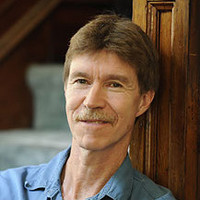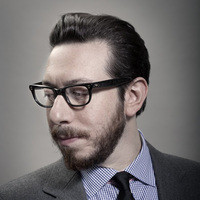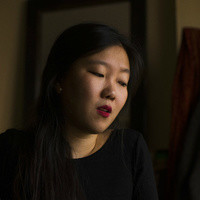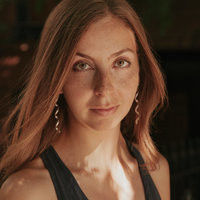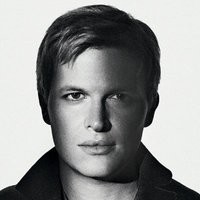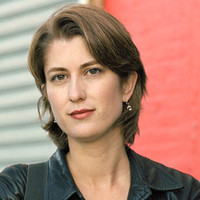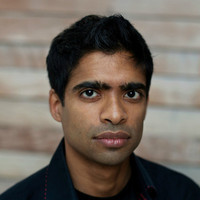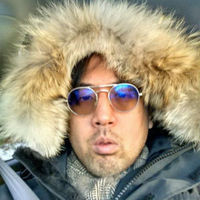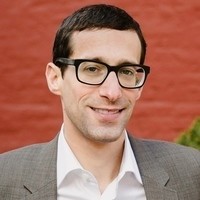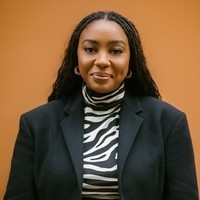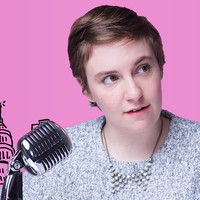Kierna Mayo is the showrunner and head writer for the Lena Horne Prize for Artists Creating Social Impact. She is the former editor-in-chief of EBONY and Honey Magazine, which she co-founded at age 27.
Guest host Patrice Peck is a freelance journalist and writes the Coronavirus News for Black Folks newsletter. Her most recent article is "Black Journalists Are Exhausted," an op-ed published in The New York Times.
“Advocacy is not a bad word. Telling the truth about a particular slice of life is what my career has been. That slice of life started about young people who were partaking in hip hop culture. Most of them were of color, most of them were poor. So that was a perspective. If you begin to tell the stories of those people at that time, that begins to have an advocacy feel and taste and touch. Not even with a consciousness to it. Because this is a lost voice. This is a lost point of view. It is not in the mainstream. It is not being centered. No one is telling it. So the mere act of shedding light journalistically in places where there has been no light before is advocacy. Sorry, journalists. Sorry, all you impartial, fair-and-balanced folks.”
Thanks to Mailchimp for sponsoring this week's episode.

